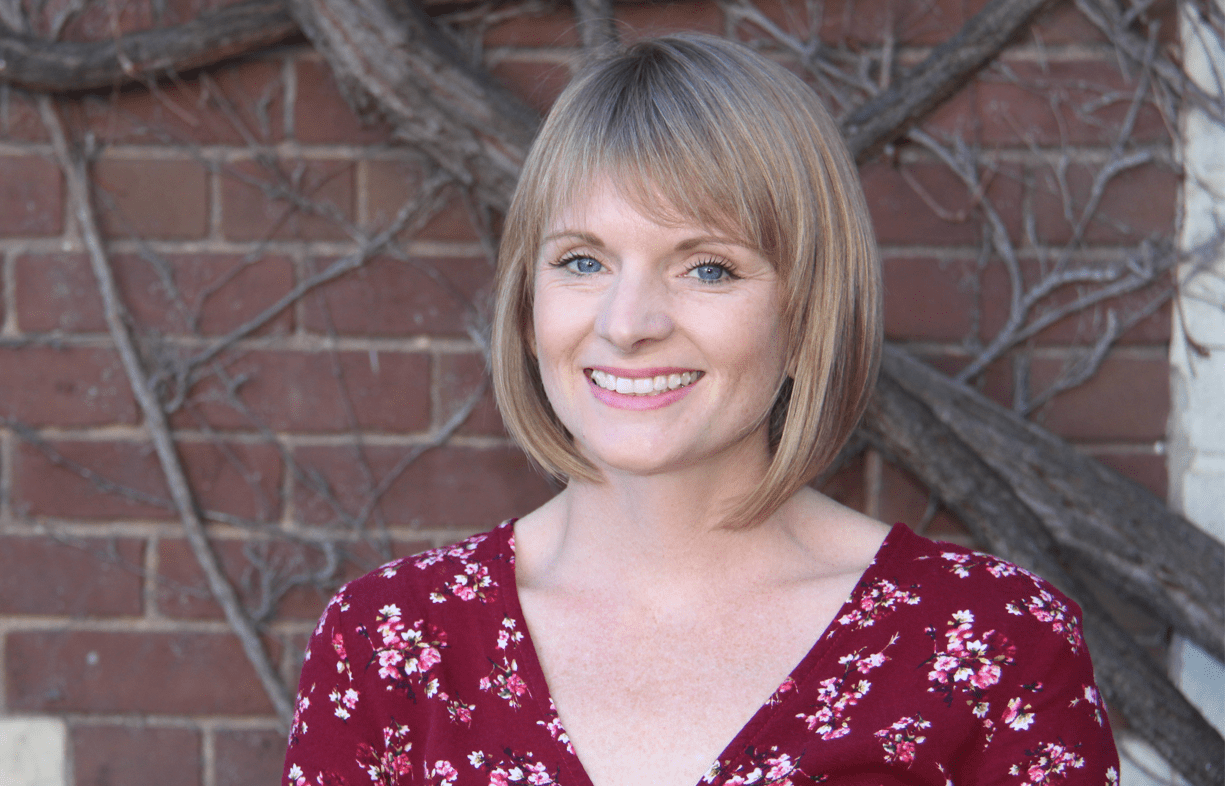At Home with VHA: OT Amanda Landry Empowers Parents in Child Development

Amanda Landry is one of VHA’s Occupational Therapists and the Clinical Lead on the Central East Paediatric Team. She loves working with kids and helping parents promote their child’s development through play. We chatted with Amanda about her inspirations and her passion for global teaching.
What inspired you to become an Occupational Therapist?
At the core of Occupational Therapy is the idea that we promote clients’ ability to engage in daily activities that bring meaning to their life. I find that working on what is meaningful to clients and their families in turn brings meaning to my work and my desire to be in the field.
How do you feel working with children?
It’s amazing! Working with kids can be difficult and incredibly rewarding at the same time. One of the greatest skills I learned by working with children is how to be flexible and how to think on my feet. You may go into a session having everything planned out, but you have to be ready to change gears if the child is not interested in what you have planned. Negotiating with a child is not really an option, so you need to find creative ways to make the activities fun in order to encourage participation.
What are some activities you do with children?
Even though we engage in play activities with children, we are mainly there to educate and empower the parents to promote their child’s development. We use the child’s existing toys and teach parents how to use them in a therapeutic way that is also fun for the child. For example, we could just grab a toy truck, and teach a child how to release the truck into a container by activating their visual skills to target the container effectively.
The majority of children we see have formal diagnosis, but we also work with kids who are just experiencing general developmental delays or challenges that we can improve through these activities and education.
One of the activities we do with kids in school is building a snowman with putty. We use putty because it’s stronger than playdough so it promotes greater muscle strengthening. The kids have to put together the snowman pieces including a carrot nose, a hat, and googly eyes. This activity promotes development of fine motor, grasping, visual motor, and organization skills – all while having fun!
Do you have kids?
I get asked that question a lot by parents, but no, I don’t have kids. I only have two small Chihuahuas. They’re so cute, but very noisy. Those are my babies – Hank and Ollie.
What do you like to do in your spare time?
I don’t really need a lot of downtime, but when I have free time I like to play baseball. I’m often the team captain, so I organize the games. I also like to learn. Currently I’m taking a French course at the University of Toronto. I love languages! I studied French through most of high school, so I’m really enjoying it.
I’m also involved with the UofT International Centre for Disability and Rehabilitation (ICDR). When I was in school, I did a student placement at a paediatric clinic in Moshi, Tanzania. That is when I became involved in the ICDR, and now I’m the Vice Chair of Education for the Tanzania group. I support rehab students who are completing their clinical placement in Tanzania. Last year, I had a chance to travel back to Tanzania to provide a workshop as part of our exchange with them. I taught their Occupational Therapists a two-day workshop to support their skills in feeding development, and treating hemiplegia in children. This is a passion of mine – global teaching and global exchanges.
Do you enjoy traveling?
Yes, in May I’m going to Taiwan and Japan. I think it’s important to be a responsible traveler, so I try to pick destinations where locals are benefiting from tourism. I also prefer staying in one place for a longer time so I can support the local economy by eating at local restaurants and shopping in local markets.
What would you recommend to other OTs to help them provide spectacular care?
The most important thing is to figure out what’s most meaningful for the family you’re working with. Try to separate yourself and your own values from the task you need to do, and start building a perspective of what that family might be going through and what their values are. This helps you to be as compassionate as possible and to provide meaningful support.
Listening is also important. It can be hard, especially for those who are just starting out. You might want to provide a family with ten exercises and resources, but maybe all they need from you in that moment is for you to hear their story. I try to simply sit back and listen to what the family wants from me. By listening to their story you can identify what’s meaningful for them and give them the best experience possible to make their life easier, more engaging, and more independent.
Lastly, I would also like to take this opportunity to give a shout-out to my Central East Rehab team and my supervisor, Esther Bae. They’re amazing! They are a big part of the reason why I’m so engaged in what I do and have the desire to take on different roles.
